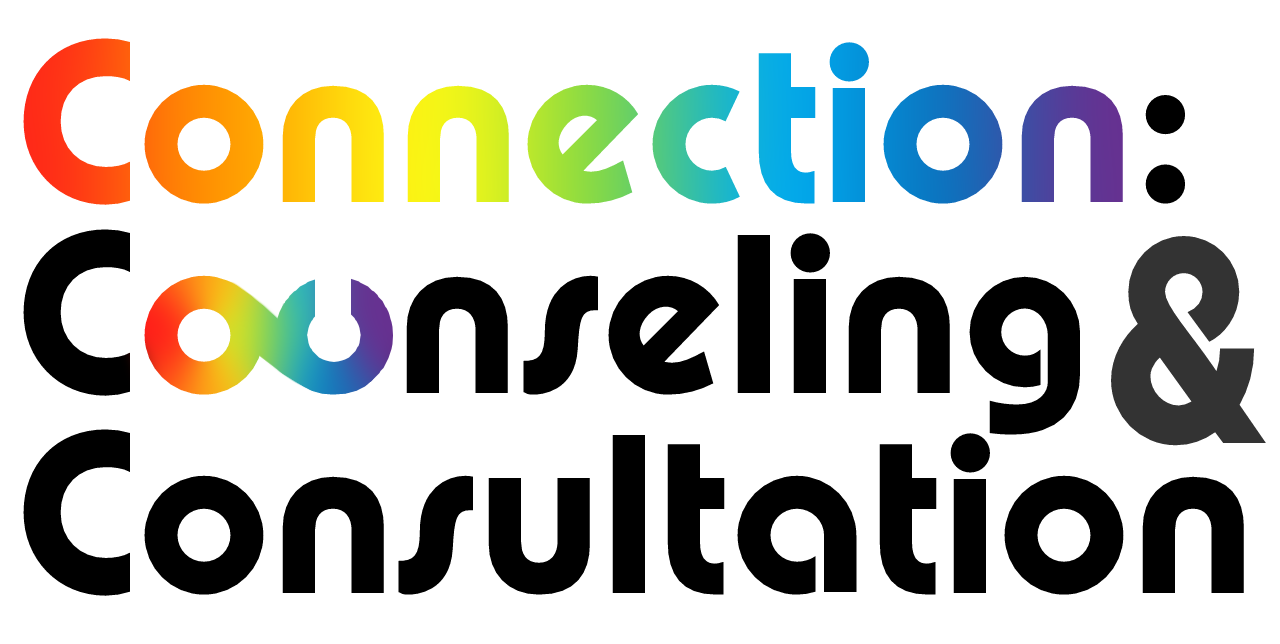
Adult Autism Exploration
There are many individuals who realize later in life that perhaps their social, communication, and emotional needs might best be categorized as being on the autism spectrum. Sometimes this revelation/interest comes about after one of their children is diagnosed as being autistic. Sometimes it occurs in response to a partner or friend making the observation. Sometimes it happens after a series of highly stressful and/or failed post-secondary or employment experiences.
In our experience, by the time an adult wishes to obtain assistance in determining whether or not they might be autistic, they usually want to get it sorted out sooner rather than later due to years of feeling misunderstood and/or possibly having accumulated negative feelings about the way they operate in the world. Unfortunately, there are often long wait times for adults who seek this type of evaluation. Additionally, not all evaluators who offer autism assessment for adults have extensive experience in the field.
Aprilynn “April” Artz, LPC was trained on how to conduct an ADOS assessment during her past employment at the Merck Outpatient Clinic which is part of Western Psychiatric Hospital. Additionally, April has devoted over 18 years to working with individuals on the spectrum.
Currently, April offers a comprehensive developmental history screening/assessment in order to help adult clients determine if they may fit the parameters of autism. We are also happy to provide a second opinion for individuals who feel a previous evaluator may have missed something. You can read here about what makes a diagnostic assessment different from another common type of assessment: https://www.thrivingwellnesscenter.com/blog/neuropsycheval
This looks like:
A complete overview of an individual’s history from birth to present
Questions specific to assessing sensory, communication, and/or social needs
Input from caregivers/parents when possible
Assessment that is tailored to the communication/environmental preferences of the individual seeking support (this can be a combination of in-person, virtual, and/or email correspondence)
Follow-up resources/articles/information provided after assessment specific to the individual’s needs
We do not have an ADOS kit, so we want to be clear that this is not an ADOS assessment.
Here is an article that provides context on why we do not utilize the ADOS: https://themighty.com/topic/autism-spectrum-disorder/adult-autism-humiliated-assessment-ados-2/
We also do not offer neuropsych evaluations OR ADHD evaluations as part of this process.
After the assessment, we are happy to write or provide letters of support for the diagnosis for school or job accommodations as requested/necessary.
April is particularly adept when it comes to adult autism assessment, and even more specifically, assessment for folks assigned female at birth who suspect they might be autistic.
